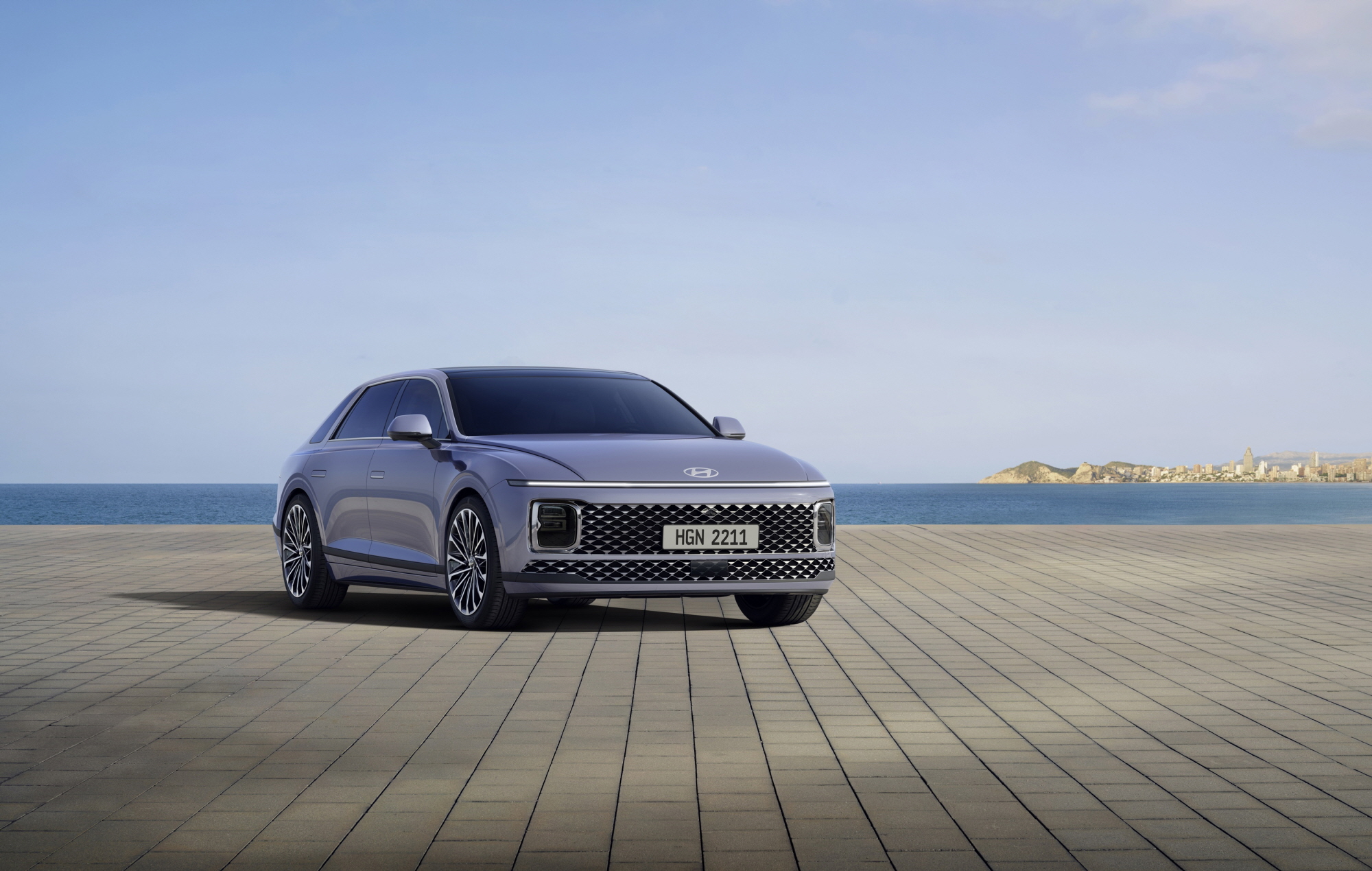
On the 25th (Tuesday), Hyundai Motor Company held a conference call at its Seoul headquarters, announcing that its Q1 2023 results showed an IFRS consolidated sales volume of 1,021,712 units, revenues of 37.7787 trillion won (30.6464 trillion won from automotive sales, 7.1323 trillion won from finance and other segments), operating profit of 3.5927 trillion won, ordinary profit of 4.5909 trillion won, and net profit of 3.4194 trillion won (including non-controlling interest).
Hyundai’s Q1 2023 sales increased over the same period last year due to improved supply conditions for global automotive semiconductors and other components, leading to enhanced production. Operating profit rose compared to the previous year thanks to increased sales volume, improved sales mix focusing on high-value models, and favorable exchange rates.
A Hyundai representative stated, “While production is expanding due to improved semiconductor supply shortages, inventory levels in major markets remain low, suggesting robust latent demand will support sales growth in the future.” They added, “There are concerns over reduced demand caused by geopolitical risks and interest rate hikes, leading to management uncertainties.”
Alongside the financial results announcement, Hyundai introduced its ‘Long-Term Shareholder Return Policy’ aimed at enhancing corporate value through a proactive and transparent shareholder return policy. This policy includes the establishment of a new dividend policy, quarterly dividend payments, and a phased plan for the repurchase of treasury shares.
The new dividend policy has shifted the basis for dividends from free cash flow (FCF) to net income attributable to shareholders, with a dividend payout ratio set at 25% or more of annual net income. Hyundai aims to enhance the transparency and visibility of dividends through this new policy.
The dividend frequency has been expanded from twice a year (semi-annually) to four times a year (quarterly). Hyundai seeks to enhance the attractiveness of long-term stockholding while reducing stock price volatility. Finally, Hyundai plans to repurchase and cancel 1% of its treasury shares each year for the next three years.
A Hyundai official explained, “We will actively establish various shareholder-friendly policies aimed at maximizing shareholder value and strive to achieve corporate value that meets market expectations.”
Despite the forecast of ongoing management uncertainties, Hyundai plans to focus on expanding sales volume based on production normalization driven by improved operating rates, as well as enhancing the sales mix centered on high-value products.
In Q1 2023 (January-March), Hyundai sold 1,021,712 vehicles globally, marking a 13.2% increase compared to the same period last year. (※ Based on wholesale sales)
In the domestic market, robust sales of the recently launched ‘7th Generation The All-New Grandeur’ and strong sales of SUVs and the Genesis lineup led to sales of 190,047 units, a 25.6% increase compared to the same period last year. In the overseas market, improved parts supply results in production increases and robust sales of the Ioniq 6 contributed to a 10.7% increase, totaling 830,665 units sold compared to last year.
Revenues were recorded at 37.7787 trillion won, reflecting a 24.7% increase over the same period last year, driven by sales expansion, improved sales mix focusing on Genesis and SUVs, and favorable exchange rates. The average exchange rate from Korean won to US dollar in Q1 2023 was 1,276 won, an increase of 5.9% compared to the same time last year.
The cost of sales ratio decreased by 1.3 percentage points from last year to 79.6%, improved due to higher production capacity from better parts supply and favorable exchange rate effects. Although selling and management expenses rose due to increased marketing costs for new cars, the ratio of selling and management expenses to revenue fell by 1.8 percentage points from the previous year to 10.9%.
As a result, operating profit for Q1 2023 totaled 3.5927 trillion won, an increase of 86.3% from the same period last year, marking the highest operating profit ever for a quarter. Hyundai has now set a record for maximum operating profit for two consecutive quarters. Furthermore, the operating profit margin reached 9.5%, the highest since Q3 2013 (9.7%).
Ordinary profit and net profit amounted to 4.5909 trillion won and 3.4194 trillion won, respectively.
Looking ahead, Hyundai anticipates favorable results due to increased production stemming from improved operating rates and entering the seasonal sales peak in Q2, but they also acknowledge the potential for unpredictable business environments due to geopolitical factors, inflation, and reduced demand from interest rate hikes. Additionally, they anticipate challenges from increased marketing costs due to exchange rate volatility and intensified competition among manufacturers.
The global automotive market is expected to continue its strong upward trend in the eco-friendly vehicle sector, especially electric vehicles, driven by strengthened environmental regulations and increased investment in green infrastructure across major countries. Hyundai is focusing on expanding electric vehicle sales, leveraging the global rollout of the Ioniq 6, the upcoming introduction of the Ioniq 5 N, and the launch of the All-New Kona Electric, while also optimizing production and sales to maximize sales and defend profitability through improved sales mix focusing on high-value models.
by Lee Sang-jin daedusj@autodiary.kr

